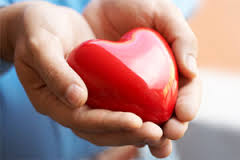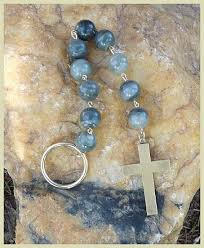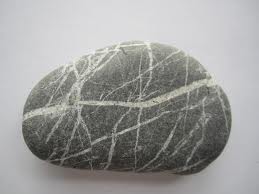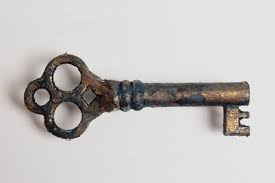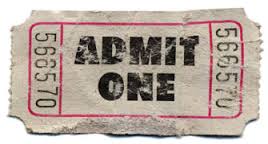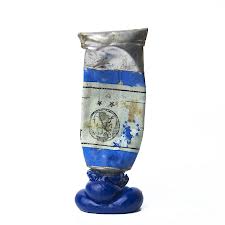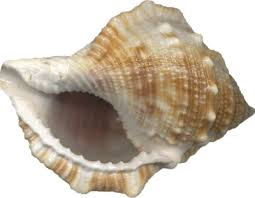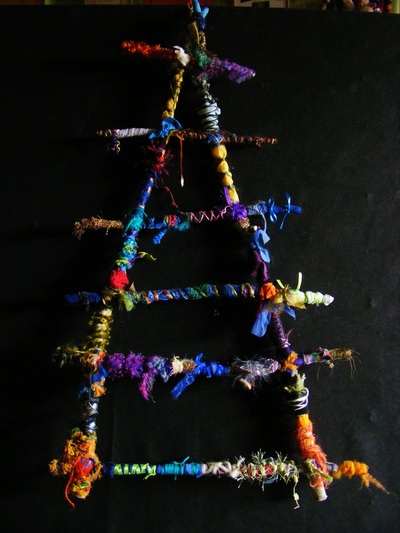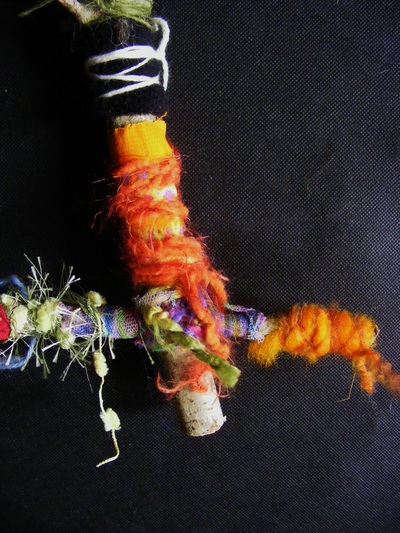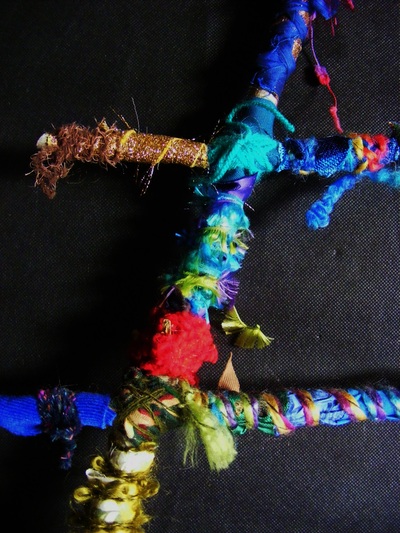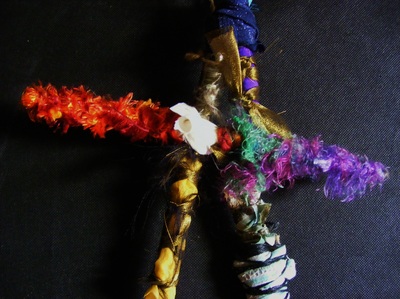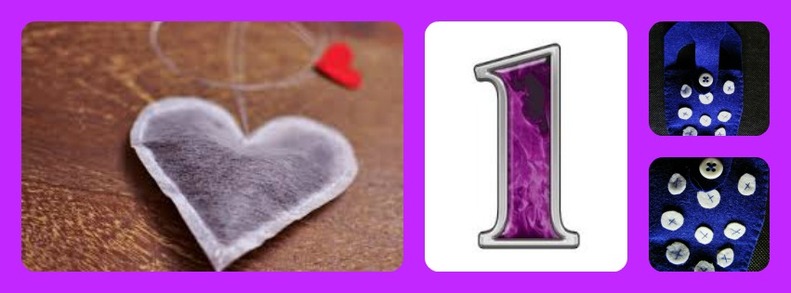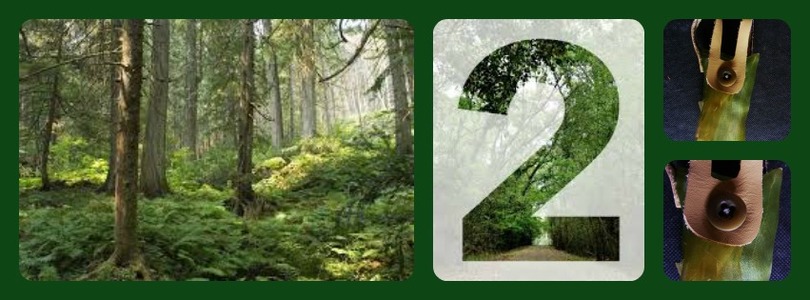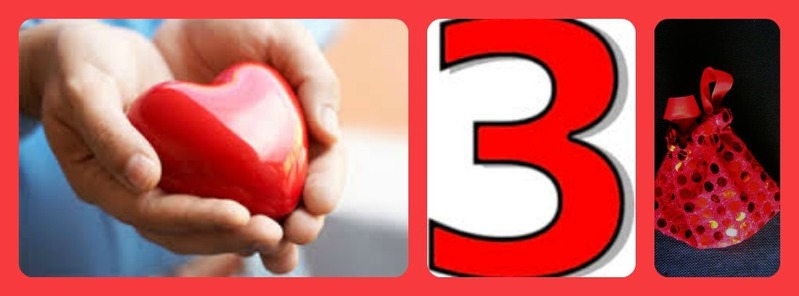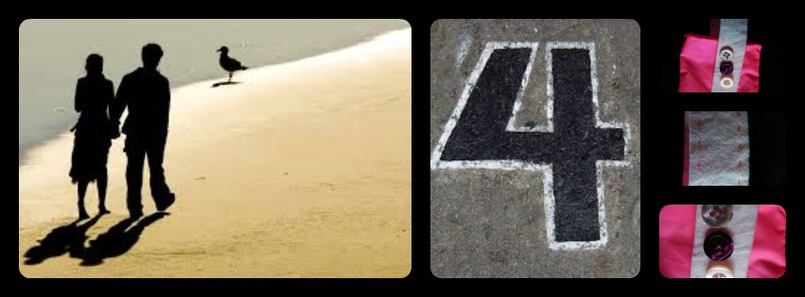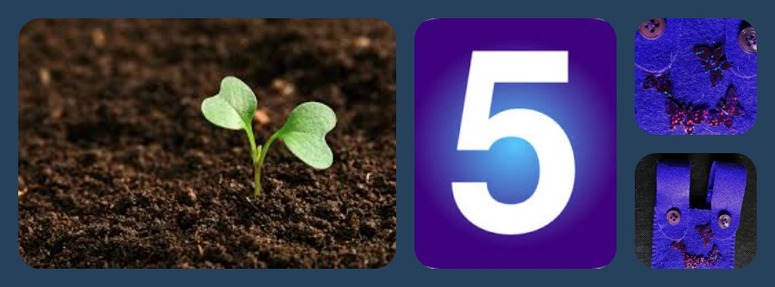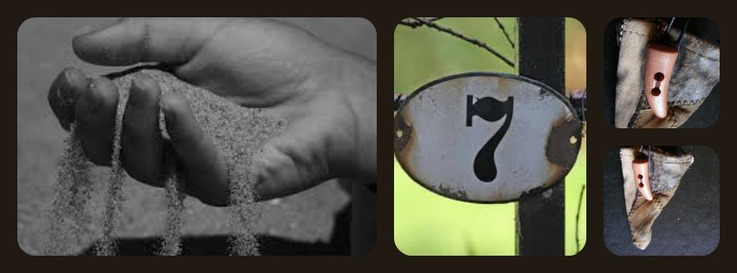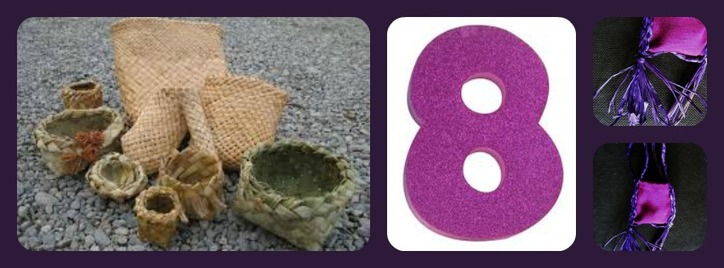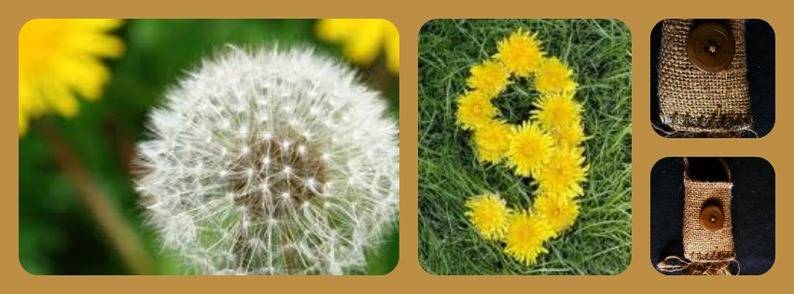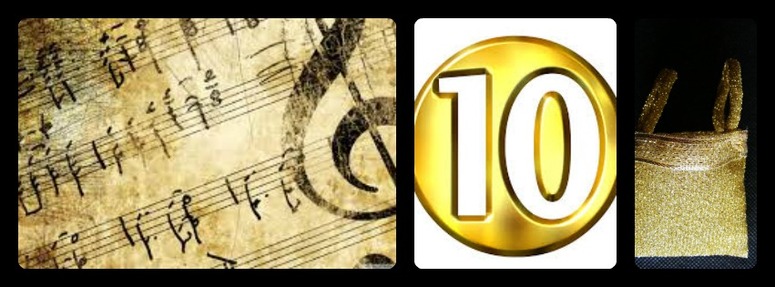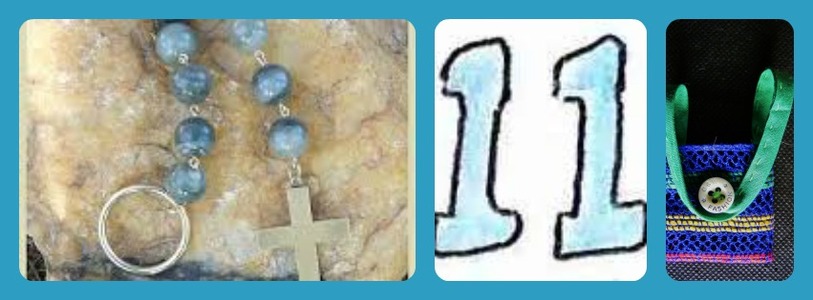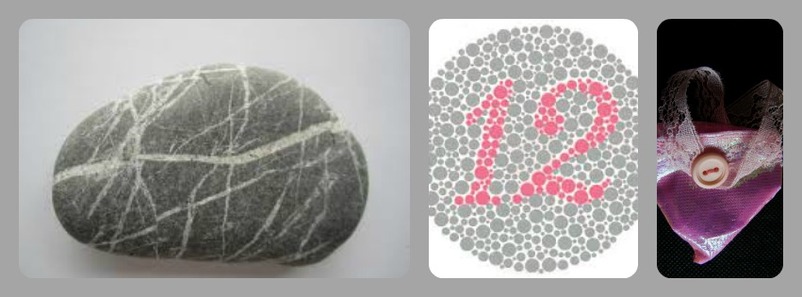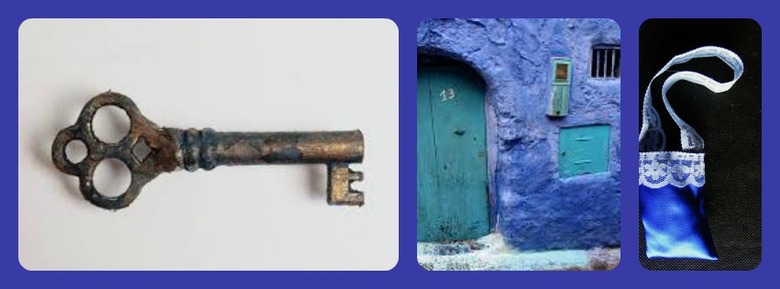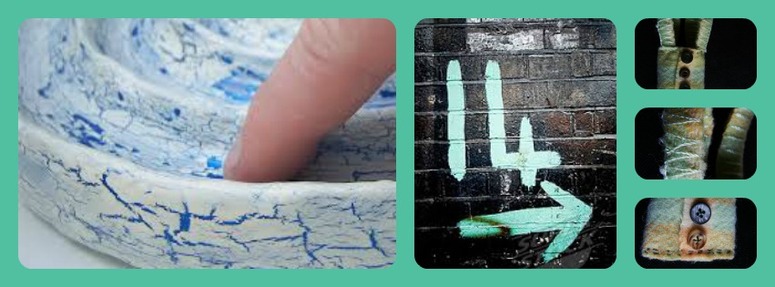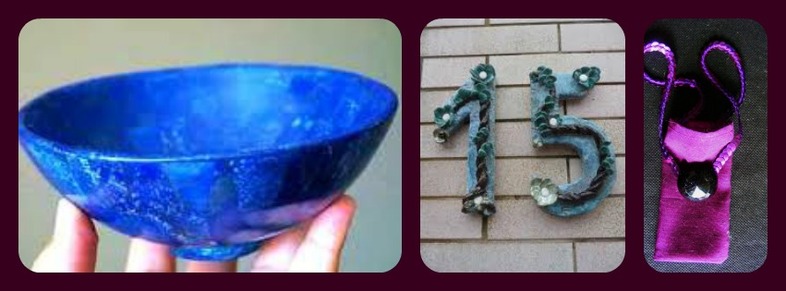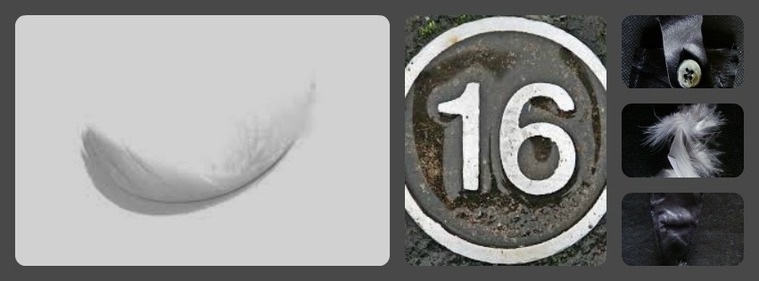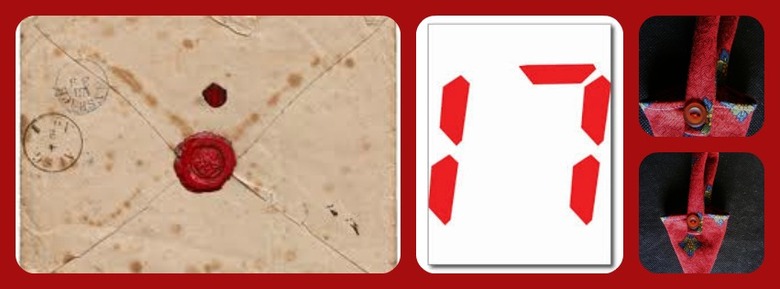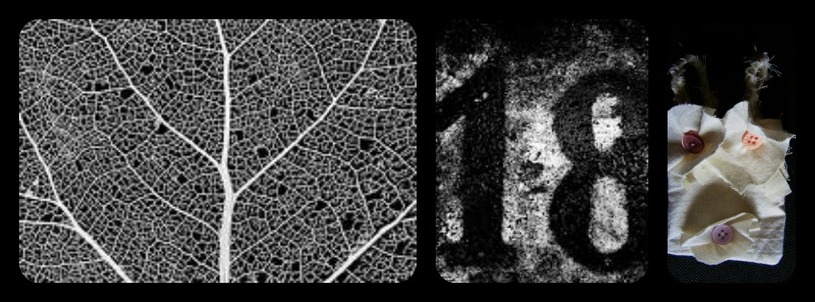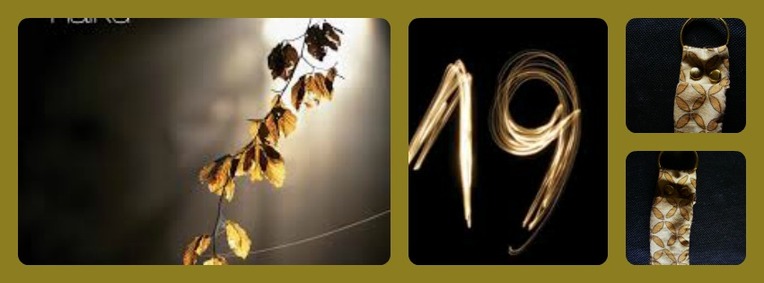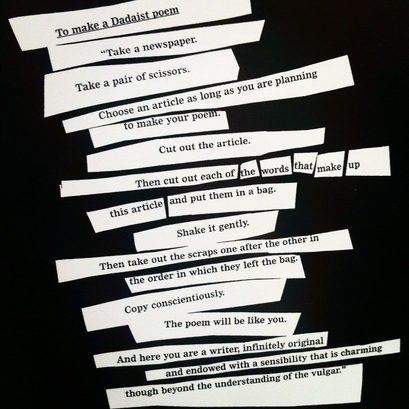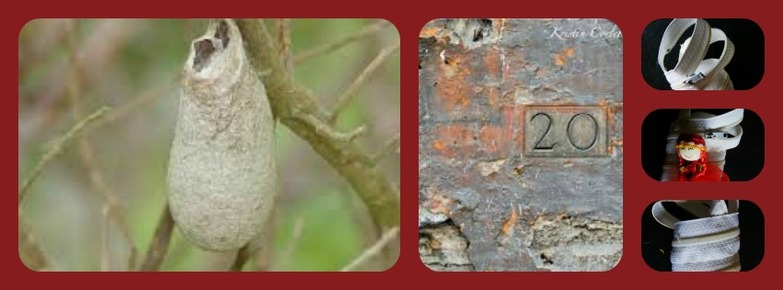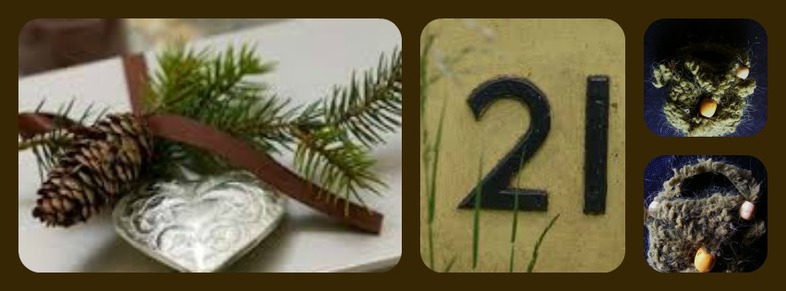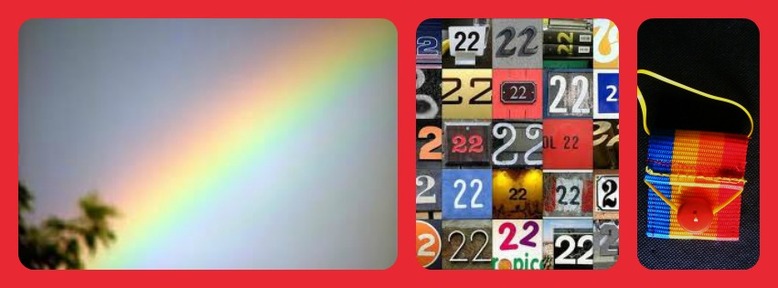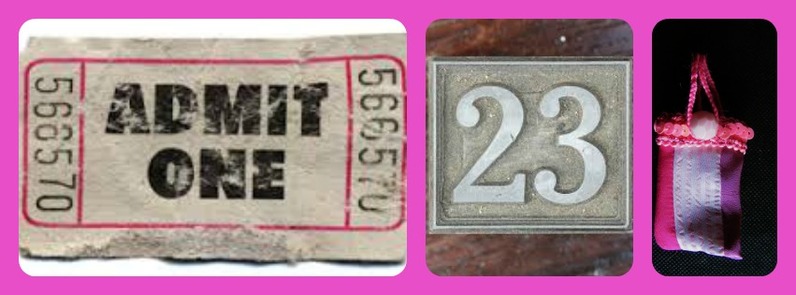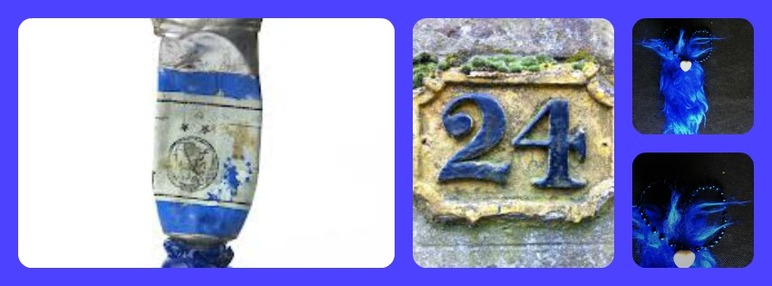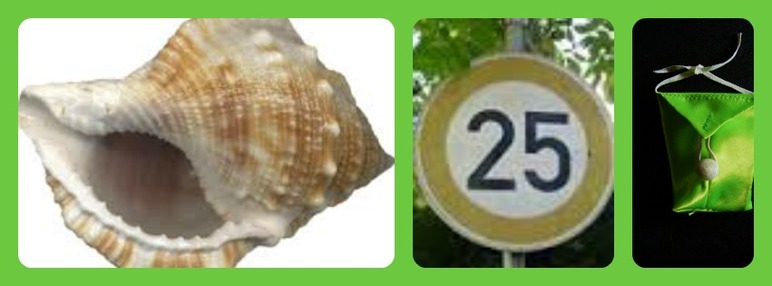AN ADVENT RETREAT IN DAILY LIFE
I like to carry a memento through my day.
A mantra. A word. A symbol. A phrase. An image. A tune. An object.
Something that gives a shape or structure to my day.
Something which informs my day.
Something on which I can hang or compare
the thoughts, events, actions and encounters of my day.
Something to guide my meditation and contemplation.
Something which draws me back to the still point.
Something that reveals the divine.
A mantra. A word. A symbol. A phrase. An image. A tune. An object.
Something that gives a shape or structure to my day.
Something which informs my day.
Something on which I can hang or compare
the thoughts, events, actions and encounters of my day.
Something to guide my meditation and contemplation.
Something which draws me back to the still point.
Something that reveals the divine.
Geraldine Brooks in Caleb's Crossing wrote
“It came to me then that God must desire us to use each of our senses,
to take delight in the varied tastes and sights and textures of his world."
So I am choosing the season of Advent
to invite the varied sights and sounds and textures of this world
to be my guides,
to lead me to encounter Emmanuel, 'God-with-us'.
Cathy A. Malchiodi in The Soul's Palette offers a meditative activity
that I have adapted to guide my Advent reflections.
Look around for an object or image that evokes a feeling in you.
It can be a plastic animal or figure, a postcard image or a picture from a calendar.
Take a walk down a city street, go to the park or clean out a cupboard.
Sometimes it is best to just wait for an object or image to present itself to you.
Once you have found or identified an object or image,
meditate on its qualities.
Take some time to quiet yourself and simply be with the object.
Some questions to guide your reflection:
Why did you choose this symbol?
Why did this symbol come into your life?
How did you come upon this symbol?
Does this symbol have a personal significance to you?
What symbols guide your life right now - spiritual, personal, physical?
What symbols have you inherited from someone else - a person, a community, a culture?
Are there other symbols currently coming into your life?
What are they?
Are they related to your chosen symbol in some way?
How does your chosen symbol reveal God?
“It came to me then that God must desire us to use each of our senses,
to take delight in the varied tastes and sights and textures of his world."
So I am choosing the season of Advent
to invite the varied sights and sounds and textures of this world
to be my guides,
to lead me to encounter Emmanuel, 'God-with-us'.
Cathy A. Malchiodi in The Soul's Palette offers a meditative activity
that I have adapted to guide my Advent reflections.
Look around for an object or image that evokes a feeling in you.
It can be a plastic animal or figure, a postcard image or a picture from a calendar.
Take a walk down a city street, go to the park or clean out a cupboard.
Sometimes it is best to just wait for an object or image to present itself to you.
Once you have found or identified an object or image,
meditate on its qualities.
Take some time to quiet yourself and simply be with the object.
Some questions to guide your reflection:
Why did you choose this symbol?
Why did this symbol come into your life?
How did you come upon this symbol?
Does this symbol have a personal significance to you?
What symbols guide your life right now - spiritual, personal, physical?
What symbols have you inherited from someone else - a person, a community, a culture?
Are there other symbols currently coming into your life?
What are they?
Are they related to your chosen symbol in some way?
How does your chosen symbol reveal God?
Using a pattern I found in" Cloth Paper Scissors" magazine,
I have constructed a wrapped Advent tree.
I collected fallen branches from the park across the road
and as many scraps of fabric and yarn and thread as I could find.
I will make a small pocket each day
and in it place the symbol I have chosen for the day's reflection.
I will then hang the pocket on my Advent tree.
As I wrapped the tree, I wondered ...
What do I wrap myself in ... thoughts, dreams, regret, self-pity, ambition?
How does this wrapping reflect the divine?
How do I choose my wrapping?
Do I aim for perfection or am I grateful for -
many beginnings and endings?
rough edges and loose threads?
runs and splinters?
I have constructed a wrapped Advent tree.
I collected fallen branches from the park across the road
and as many scraps of fabric and yarn and thread as I could find.
I will make a small pocket each day
and in it place the symbol I have chosen for the day's reflection.
I will then hang the pocket on my Advent tree.
As I wrapped the tree, I wondered ...
What do I wrap myself in ... thoughts, dreams, regret, self-pity, ambition?
How does this wrapping reflect the divine?
How do I choose my wrapping?
Do I aim for perfection or am I grateful for -
many beginnings and endings?
rough edges and loose threads?
runs and splinters?
Please join me on this Advent retreat in daily life.
Let us join with Thomas Merton and seek
the gift of silence and poverty and solitude,
where everything we touch is turned into prayer,
where the sky is our prayer,
the birds are our prayer,
the wind in the trees is our prayer,
for God is in all.
Together we will encounter LOVE.
Today, the first Sunday of Advent, a teabag is my chosen symbol.
A teabag -
a symbol of hospitality to my self and my companions;
refreshing, revitalising, invitational;
an opportunity to pause and create a sacred space in time and place.
This is a space 'that is set apart from the usual context of life' as Joseph Campbell wrote.
It is my attitude and my intention which creates this sacred space -
taking time to choose a tea;
to select a cup;
to boil water;
to let the tea steep;
to sip slowly and intentionally using all of my senses.
Is my life a vessel that reveals God's love?
Do I create a sacred space where I can sojourn with my beloved?
A teabag -
a symbol of hospitality to my self and my companions;
refreshing, revitalising, invitational;
an opportunity to pause and create a sacred space in time and place.
This is a space 'that is set apart from the usual context of life' as Joseph Campbell wrote.
It is my attitude and my intention which creates this sacred space -
taking time to choose a tea;
to select a cup;
to boil water;
to let the tea steep;
to sip slowly and intentionally using all of my senses.
Is my life a vessel that reveals God's love?
Do I create a sacred space where I can sojourn with my beloved?
I
have chosen the tree as a symbol for the second day of
Advent.
William J Bausch wrote
"When you can the leaf as a separate thing,
you can see the tree;
when you can see the tree,
you can see the spirit of the tree;
when you can see the spirit of the tree,
you can talk to it
and maybe you can learn something."
Trees speak to me of stewardship,
of vocation,
of conversion,
of safe haven.
They speak to me of paradox:
of strength and vulnerability;
of generosity and greed;
of constancy and change.
William J Bausch wrote
"When you can the leaf as a separate thing,
you can see the tree;
when you can see the tree,
you can see the spirit of the tree;
when you can see the spirit of the tree,
you can talk to it
and maybe you can learn something."
Trees speak to me of stewardship,
of vocation,
of conversion,
of safe haven.
They speak to me of paradox:
of strength and vulnerability;
of generosity and greed;
of constancy and change.
-
Can I pause
and patiently wait for God's revelation of God's self?
Am I open to receive the wisdom of the Book of Creation?
“I
carry your heart.
I carry it in my heart.”
ee cummings
I always carry a heart in my bag. A carved stone.
A tangible reminder that I am loved.
A portable reminder that I am invited to reveal love –
an incarnate love, an enfleshed love.
A holy invitation.
On this the third day of Advent,
I am invited to show a love that
never gives up;
cares for others more than my self;
doesn't want what it doesn't have;
doesn't strut or have a swelled head;
doesn't force itself on others;
doesn't fly off the handle;
doesn't keep score of the sins of others;
takes pleasure in the flowering of the truth;
puts up with anything;
always looks for the best;
and trusts God always.
(adapted from The Message)
Do my everyday actions and thoughts and attitude reflect LOVE?
Do I recognise LOVE when I encounter it in others?
I carry it in my heart.”
ee cummings
I always carry a heart in my bag. A carved stone.
A tangible reminder that I am loved.
A portable reminder that I am invited to reveal love –
an incarnate love, an enfleshed love.
A holy invitation.
On this the third day of Advent,
I am invited to show a love that
never gives up;
cares for others more than my self;
doesn't want what it doesn't have;
doesn't strut or have a swelled head;
doesn't force itself on others;
doesn't fly off the handle;
doesn't keep score of the sins of others;
takes pleasure in the flowering of the truth;
puts up with anything;
always looks for the best;
and trusts God always.
(adapted from The Message)
Do my everyday actions and thoughts and attitude reflect LOVE?
Do I recognise LOVE when I encounter it in others?
Today
is the fourth day of Advent.
I have chosen the image of shadow as my symbol for today.
The Annunciation is sometimes described as an overshadowing by the Holy Spirit.
So I will reflect upon what overshadows my everyday actions and thoughts -
commercialism, desire, ambition, control, contention, ennui, or
gratitude, trust, joy, contentment, hope?
Do I see shadow as a positive place -
a place of healing; of refreshment; of safe haven
or as a negative space -
something to delete or ignore or avoid?
Am I “ … afraid to let go of (my) petty reality in order to grasp at a great shadow?”
(Antoine de Saint-Exupery in The Little Prince)
Am I able to acknowledge shadow as an intrinsic part of everyday life?
Will I seek to encounter the divine in the shadow?
I have chosen the image of shadow as my symbol for today.
The Annunciation is sometimes described as an overshadowing by the Holy Spirit.
So I will reflect upon what overshadows my everyday actions and thoughts -
commercialism, desire, ambition, control, contention, ennui, or
gratitude, trust, joy, contentment, hope?
Do I see shadow as a positive place -
a place of healing; of refreshment; of safe haven
or as a negative space -
something to delete or ignore or avoid?
Am I “ … afraid to let go of (my) petty reality in order to grasp at a great shadow?”
(Antoine de Saint-Exupery in The Little Prince)
Am I able to acknowledge shadow as an intrinsic part of everyday life?
Will I seek to encounter the divine in the shadow?
On the fifth day of Advent, I am carrying a seed in my pocket.
A seed represents promise; potential; becoming.
A seed is always true to itself -
a radish seed cannot decide to become a tomato;
a calendula cannot aspire to becoming an oak.
Thomas Merton says,
"The most fundamental of all our vocations is the calling ...
to become ourselves.
All else we do can be done as well or better by others
except this one and absolutely unique responsibility ...
to be who we must be."
How do I nurture my true self?
How do I shed the layers which obscure my true self?
Have I invited God to accompany me on this journey of self-revelation?
A seed represents promise; potential; becoming.
A seed is always true to itself -
a radish seed cannot decide to become a tomato;
a calendula cannot aspire to becoming an oak.
Thomas Merton says,
"The most fundamental of all our vocations is the calling ...
to become ourselves.
All else we do can be done as well or better by others
except this one and absolutely unique responsibility ...
to be who we must be."
How do I nurture my true self?
How do I shed the layers which obscure my true self?
Have I invited God to accompany me on this journey of self-revelation?
I carry a sweet delight on the sixth day of Advent.
There are an infinite number of ways to experience delight-
in my work, my leisure, my community, my home, my spiritual practice.
Do I delight in my calling, my actions, my desire?
"Discernment is all about following the soul's desire," according to Monika Ellis OSB.
She suggests there are six criteria for discerning calling:
1. Time flies when you are engaged in this calling.
2. Wonder, curiosity and a sense of awe envelop you.
3. This calling conjures up enthusiasm.
4. This calling brings with it joyful concentration.
5. You learn easily when engaged in this calling.
6. Acting on this calling generates gratitude.
So what ignites my soul's delight?
Does my passion, my delight, reveal the passion and delight of the divine?
Do I share my delight with My Beloved?
There are an infinite number of ways to experience delight-
in my work, my leisure, my community, my home, my spiritual practice.
Do I delight in my calling, my actions, my desire?
"Discernment is all about following the soul's desire," according to Monika Ellis OSB.
She suggests there are six criteria for discerning calling:
1. Time flies when you are engaged in this calling.
2. Wonder, curiosity and a sense of awe envelop you.
3. This calling conjures up enthusiasm.
4. This calling brings with it joyful concentration.
5. You learn easily when engaged in this calling.
6. Acting on this calling generates gratitude.
So what ignites my soul's delight?
Does my passion, my delight, reveal the passion and delight of the divine?
Do I share my delight with My Beloved?
Sand is the image I carry for the seventh day of Advent.
Dry. Arid. Wasteland. Desert. Empty.
Many people have a 'desert' experience -
a time when the spiritual journey seems dry;
when LOVE seems to have turned her back on us.
Mother Teresa lived in this dark space, with this interminable struggle.
Jan L Richardson calls this experience 'Holy absence'
She recommends that we 'let the desert be the desert',
and dwell there,
allowing its beauty and strangeness and aridity and pain
to envelop us and transform us.
She sends us a blessing:
"Even in the desert,
even in the wilderness,
Sabbath comes.
May you keep it.
Light the candles,
say the prayers.
Welcome, Sabbath.
Welcome, rest.
Enter in
and be our guest."
Dry. Arid. Wasteland. Desert. Empty.
Many people have a 'desert' experience -
a time when the spiritual journey seems dry;
when LOVE seems to have turned her back on us.
Mother Teresa lived in this dark space, with this interminable struggle.
Jan L Richardson calls this experience 'Holy absence'
She recommends that we 'let the desert be the desert',
and dwell there,
allowing its beauty and strangeness and aridity and pain
to envelop us and transform us.
She sends us a blessing:
"Even in the desert,
even in the wilderness,
Sabbath comes.
May you keep it.
Light the candles,
say the prayers.
Welcome, Sabbath.
Welcome, rest.
Enter in
and be our guest."
Today I have placed a small woven flax flower in my pocket.
On the eighth day of Advent,
I am hoping this simple creation will guide me -
to consider that
'my life is but a weaving
between my God and me'.
On the eighth day of Advent,
I am hoping this simple creation will guide me -
to consider that
'my life is but a weaving
between my God and me'.
We are in the season of Advent - the ninth day.
I have put a dandelion head in my pocket.
I have long been fascinated by the cyclical transformation of the dandelion.
Seasons are a visible sign of the cycle of life.
"...the seasons," says Black Elk,
"form a great circle in their changing
and always come back again to where they were.
The life of man is a circle
from childhood to childhood,
so it is in everything where power moves."
Is my relationship with my Beloved cyclical -
evolving, transforming, as I move through the circle of life?
How do the seasons reflect my attitude toward God?
I have put a dandelion head in my pocket.
I have long been fascinated by the cyclical transformation of the dandelion.
Seasons are a visible sign of the cycle of life.
"...the seasons," says Black Elk,
"form a great circle in their changing
and always come back again to where they were.
The life of man is a circle
from childhood to childhood,
so it is in everything where power moves."
Is my relationship with my Beloved cyclical -
evolving, transforming, as I move through the circle of life?
How do the seasons reflect my attitude toward God?
It is the tenth day of Advent.
A phrase of music is playing and replaying in my head -
so today I will reflect on music
and how it reveals the divine.
Songwriter and monk, John Michael Talbot,
describes God as the Master Musician -
conductor, composer, maestro, opus, instruments.
Madeleine L'Engle experiences music and the divine in creation.
In 'Instruments (1) she wrote:
The day is strung with glory.
Light threads from star to star
from sun to sun
a living harp.
I rejoice. I sing. I leap upwards to play.
The music is in light.
My fingers pluck the vibrant strings;
the notes pulse, throb, in exultant harmony;
I beat my wings against the strands
that reach across the galaxies
I play
NO
It is not I who play
it is the music
the music plays itself
is played
plays me
small part of an innumerable
unnumberable
orchestra.
I am flung from note to note
impaled on melody
my wings are caught on throbbing filaments of light
the wild cords cut my pinions
my arms are stretched
are bound by ropes of counterpoint
I am cross-eagled on the singing that is strung
from pulsing star
to flaming sun
to
I burn in a blaze of song.
What is the melody I hear my beloved sing?
Who do I allow to serenade me?
A phrase of music is playing and replaying in my head -
so today I will reflect on music
and how it reveals the divine.
Songwriter and monk, John Michael Talbot,
describes God as the Master Musician -
conductor, composer, maestro, opus, instruments.
Madeleine L'Engle experiences music and the divine in creation.
In 'Instruments (1) she wrote:
The day is strung with glory.
Light threads from star to star
from sun to sun
a living harp.
I rejoice. I sing. I leap upwards to play.
The music is in light.
My fingers pluck the vibrant strings;
the notes pulse, throb, in exultant harmony;
I beat my wings against the strands
that reach across the galaxies
I play
NO
It is not I who play
it is the music
the music plays itself
is played
plays me
small part of an innumerable
unnumberable
orchestra.
I am flung from note to note
impaled on melody
my wings are caught on throbbing filaments of light
the wild cords cut my pinions
my arms are stretched
are bound by ropes of counterpoint
I am cross-eagled on the singing that is strung
from pulsing star
to flaming sun
to
I burn in a blaze of song.
What is the melody I hear my beloved sing?
Who do I allow to serenade me?
I place beads in my pocket on the eleventh day of Advent.
I often carry beads around -
a tangible reminder that I am loved;
that I am known;
that God is in all and for all.
Sometimes I carry a rosary.
Other times a bead labyrinth.
Sometimes a simple string of hand-crafted beads or shells,
or a necklace made with love by a child,
or a daisy chain.
It does not matter which faith tradition (or none) they represent -
they invite me to pause and spend time with my Beloved.
Sufi poet Rumi wrote,
All religions, all this singing,
one song,
The differences are just
illusion and vanity.
The sun's light looks
a little different on this wall than
it does on that wall,
and a lot different on this other one,
but it's still one light.
We have borrowed these clothes,
these time and place personalities
from a light,
and when we praise,
we're pouring them back in.
May I have an open mind and heart
to see God-in-all
and God-with-us
in all spiritual traditions.
I often carry beads around -
a tangible reminder that I am loved;
that I am known;
that God is in all and for all.
Sometimes I carry a rosary.
Other times a bead labyrinth.
Sometimes a simple string of hand-crafted beads or shells,
or a necklace made with love by a child,
or a daisy chain.
It does not matter which faith tradition (or none) they represent -
they invite me to pause and spend time with my Beloved.
Sufi poet Rumi wrote,
All religions, all this singing,
one song,
The differences are just
illusion and vanity.
The sun's light looks
a little different on this wall than
it does on that wall,
and a lot different on this other one,
but it's still one light.
We have borrowed these clothes,
these time and place personalities
from a light,
and when we praise,
we're pouring them back in.
May I have an open mind and heart
to see God-in-all
and God-with-us
in all spiritual traditions.
A stone for the twelfth day of Advent.
A burden or a stepping stone?
"The best way to treat obstacles",
wrote Enid Blyton in Mr Galliano's Circus,
"is to use them as stepping stones."
What are the stepping stones I can
" ... laugh at, tread on, lead me to something better?"
Prayer, meditation, community, companionship, creation, service, attentiveness, solitude?
What is the "something better" I desire or seek?
Who are my spiritual companions and guides?
A burden or a stepping stone?
"The best way to treat obstacles",
wrote Enid Blyton in Mr Galliano's Circus,
"is to use them as stepping stones."
What are the stepping stones I can
" ... laugh at, tread on, lead me to something better?"
Prayer, meditation, community, companionship, creation, service, attentiveness, solitude?
What is the "something better" I desire or seek?
Who are my spiritual companions and guides?
A key to unlock my day, my relationships, the door to my soul.
A key to guide my reflections, my meditation, my examen.
A key for the thirteenth day of Advent.
In 'Benedictus', John O'Donohue composed
'at the end of the day - a mirror of questions'.
I think this mirror of questions is a key to unlock and free the true self,
and in the unlocking I encounter my true LOVE.
He wrote,
What dreams did I create last night?
Where did my eyes linger today?
Where was I blind?
Where was I hurt without anyone noticing?
What did I learn today?
What did I read?
What new thoughts visited me?
What differences did I notice in those closest to me?
Who did I neglect?
Where did I neglect myself?
What did I begin today that might endure?
How were my conversations?
What did I do for the poor and the excluded?
Did I remember the dead today?
Where could I have exposed myself to the risk of something different?
Where did I allow myself to receive love?
With whom did I feel most myself?
What reached me today? How did it imprint?
Who saw me today?
What visitations did I have from the past and from the future?
What did I avoid today?
From the evidence -
why was I given this day?
A key to guide my reflections, my meditation, my examen.
A key for the thirteenth day of Advent.
In 'Benedictus', John O'Donohue composed
'at the end of the day - a mirror of questions'.
I think this mirror of questions is a key to unlock and free the true self,
and in the unlocking I encounter my true LOVE.
He wrote,
What dreams did I create last night?
Where did my eyes linger today?
Where was I blind?
Where was I hurt without anyone noticing?
What did I learn today?
What did I read?
What new thoughts visited me?
What differences did I notice in those closest to me?
Who did I neglect?
Where did I neglect myself?
What did I begin today that might endure?
How were my conversations?
What did I do for the poor and the excluded?
Did I remember the dead today?
Where could I have exposed myself to the risk of something different?
Where did I allow myself to receive love?
With whom did I feel most myself?
What reached me today? How did it imprint?
Who saw me today?
What visitations did I have from the past and from the future?
What did I avoid today?
From the evidence -
why was I given this day?
Today is the fourteenth day of Advent.
We are on a journey to the centre to encounter the 'still-point' of our lives,
and out again to reveal 'God-with-us' in our daily living.
So today I carry a labyrinth in my pocket,
a small finger labyrinth.
Rebecca Solnit wrote in 'Wanderlust: A History of Walking"
"A labyrinth is a symbolic journey ...
but it is a map we can really walk on,
blurring the difference between map and world"
Do I compartmentalise aspects of my life,
or do I blur the differences?
Is the map I use in my spiritual life
the same map I use in my daily living?
Am I willing to set down the map
and follow my inner guide, my intuition, my inspiration?
Could I see the map as a love letter, a tentative link
between my Beloved and me,
drawing us ever closer?
We are on a journey to the centre to encounter the 'still-point' of our lives,
and out again to reveal 'God-with-us' in our daily living.
So today I carry a labyrinth in my pocket,
a small finger labyrinth.
Rebecca Solnit wrote in 'Wanderlust: A History of Walking"
"A labyrinth is a symbolic journey ...
but it is a map we can really walk on,
blurring the difference between map and world"
Do I compartmentalise aspects of my life,
or do I blur the differences?
Is the map I use in my spiritual life
the same map I use in my daily living?
Am I willing to set down the map
and follow my inner guide, my intuition, my inspiration?
Could I see the map as a love letter, a tentative link
between my Beloved and me,
drawing us ever closer?
Today is the fifteenth day of Advent.
I am carrying a small pinch pot with me today.
I will also carry some questions to guide my reflection -
How is this season a vessel?
Am I a vessel?
What do I hold?
Jan L Richardson in 'Night Visions' offers us a prayer -
You hollow us out, God,
so that we may carry you,
and you endlessly fill us
only to be emptied again.
Make smooth our inward spaces
and sturdy,
that we may hold you
with less resistance
and bear you
with deeper grace.
I am carrying a small pinch pot with me today.
I will also carry some questions to guide my reflection -
How is this season a vessel?
Am I a vessel?
What do I hold?
Jan L Richardson in 'Night Visions' offers us a prayer -
You hollow us out, God,
so that we may carry you,
and you endlessly fill us
only to be emptied again.
Make smooth our inward spaces
and sturdy,
that we may hold you
with less resistance
and bear you
with deeper grace.
"Thus the feather flew," wrote Hildegard of Bingen,
"not because of anything in itself
but because the air bore it along.
Thus am I,
a feather on the breath of God."
On the sixteenth day of Advent,
I have a feather in my pocket.
I am contemplating all those things that carry me along -
busyness, work, routine,
leisure, family, community,
art, music, prayer,
emotions, rituals, tragedy,
seasons, commitments, medicine -
and wonder how many carry me into the arms of my Beloved.
I wonder if I recognise and acknowledge
that each of these vehicles (and more)
are encounters with God-with-skin-on.
I want to be aware and attentive,
with a grateful heart and an open mind,
to the opportunities all around me
to encounter the divine.
"not because of anything in itself
but because the air bore it along.
Thus am I,
a feather on the breath of God."
On the sixteenth day of Advent,
I have a feather in my pocket.
I am contemplating all those things that carry me along -
busyness, work, routine,
leisure, family, community,
art, music, prayer,
emotions, rituals, tragedy,
seasons, commitments, medicine -
and wonder how many carry me into the arms of my Beloved.
I wonder if I recognise and acknowledge
that each of these vehicles (and more)
are encounters with God-with-skin-on.
I want to be aware and attentive,
with a grateful heart and an open mind,
to the opportunities all around me
to encounter the divine.
I carry a letter in my pocket on the seventeenth day of Advent.
It is from my daughter,
words rich in encouragement and affirmation.
I recall times when I have received mail from those I love dearly -
my heart pounds with excitement as I take the envelope out of the mail box.
Memories and emotions and desire envelop me.
Communication is essential to building and maintaining relationship.
Words or gestures or actions or expression that reveal
attentiveness,
friendship,
desire,
commitment,
gratitude.
How do I communicate with my Beloved?
How do my everyday words and actions and attitudes reveal divine love?
Is my communication with God a noisy pestilence
or an engaged rapture?
Do my daily thoughts and experiences turn my heart to God?
It is from my daughter,
words rich in encouragement and affirmation.
I recall times when I have received mail from those I love dearly -
my heart pounds with excitement as I take the envelope out of the mail box.
Memories and emotions and desire envelop me.
Communication is essential to building and maintaining relationship.
Words or gestures or actions or expression that reveal
attentiveness,
friendship,
desire,
commitment,
gratitude.
How do I communicate with my Beloved?
How do my everyday words and actions and attitudes reveal divine love?
Is my communication with God a noisy pestilence
or an engaged rapture?
Do my daily thoughts and experiences turn my heart to God?
The eighteenth day of Advent.
Eighteen days to reflect; to prepare; to accompany.
Eighteen days to look at what has been;
to welcome what is now;
and to consider what is to come.
Today I place a skeleton leaf in my pocket.
Hugh de Burgh penned,
A leaf moved up on me, like a tattered
old sailor dropped from the long winds
that bend over the hill.
Grey-cheeked, tobacco-browned,
vaguely musty of cargoes and acorns
and spider-silks woven in springtimes long dead.
How it tumbled about in a random way,
stood on its leg of a broken stem.
Rattled a dry throat and lighted an empty pipe
from a dying ember!
I would have given it a silver shilling,
but it had no hands,
I would have dropped it safely
into a warm cavern of quartz,
but someone was watching.,
I would have put it to my eye and seen God,
while the slow train was belling
like the cows coming down the lane -
Except that I am a fool.
Where do I see God?
When do I lose sight of God?
Do I seek God in all that comes my way?
Eighteen days to reflect; to prepare; to accompany.
Eighteen days to look at what has been;
to welcome what is now;
and to consider what is to come.
Today I place a skeleton leaf in my pocket.
Hugh de Burgh penned,
A leaf moved up on me, like a tattered
old sailor dropped from the long winds
that bend over the hill.
Grey-cheeked, tobacco-browned,
vaguely musty of cargoes and acorns
and spider-silks woven in springtimes long dead.
How it tumbled about in a random way,
stood on its leg of a broken stem.
Rattled a dry throat and lighted an empty pipe
from a dying ember!
I would have given it a silver shilling,
but it had no hands,
I would have dropped it safely
into a warm cavern of quartz,
but someone was watching.,
I would have put it to my eye and seen God,
while the slow train was belling
like the cows coming down the lane -
Except that I am a fool.
Where do I see God?
When do I lose sight of God?
Do I seek God in all that comes my way?
I have placed a poem in my pocket on the nineteenth day of Advent.
I am drawn in by the poet's ability to clarify,
to transport and to confirm,
to describe to transform.
But I am also aware of the power of words
to confuse and befuddle,
to distract and to transfix,
to waylay and side-track.
I am drawn in by the poet's ability to clarify,
to transport and to confirm,
to describe to transform.
But I am also aware of the power of words
to confuse and befuddle,
to distract and to transfix,
to waylay and side-track.
The Dadaists in the early twentieth century used creative tools such as art and poetry
to 'jar people out of their normal life experiences'.
Noah Scalin in 'Unstuck' suggests that creating a piece of nonsense poetry
will challenge us to see that we arbitrarily assign meanings to words.
As we do this activity,
he invites us to consider what else in our life is perhaps arbitrary.
He challenges us to look differently.
How do I see God?
Is this image inherited or arbitrary?
How can I envision God differently -
with new eyes and new mind and new heart?
to 'jar people out of their normal life experiences'.
Noah Scalin in 'Unstuck' suggests that creating a piece of nonsense poetry
will challenge us to see that we arbitrarily assign meanings to words.
As we do this activity,
he invites us to consider what else in our life is perhaps arbitrary.
He challenges us to look differently.
How do I see God?
Is this image inherited or arbitrary?
How can I envision God differently -
with new eyes and new mind and new heart?
It is the twentieth day of Advent.
I have placed a silk cocoon in my pocket.
A powerful symbol -
of change,
of growth,
of metamorphosis,
of emergence,
of transformation.
Michael Leunig wrote in "A Common Prayer",
God help us to change. To change
ourselves and to change our world.
To know the need for it. To deal with
the pain of it. To feel the joy of it.
To undertake the journey without
understanding the destination.
The art of gentle revolution.
AMEN
Am I willing to change my perceptions of God?
Am I willing to relinquish control over my image(s) of God?
Do I embrace transformation?
Am I open to the possibility of a new and unimagined relationship with my Beloved?
I have placed a silk cocoon in my pocket.
A powerful symbol -
of change,
of growth,
of metamorphosis,
of emergence,
of transformation.
Michael Leunig wrote in "A Common Prayer",
God help us to change. To change
ourselves and to change our world.
To know the need for it. To deal with
the pain of it. To feel the joy of it.
To undertake the journey without
understanding the destination.
The art of gentle revolution.
AMEN
Am I willing to change my perceptions of God?
Am I willing to relinquish control over my image(s) of God?
Do I embrace transformation?
Am I open to the possibility of a new and unimagined relationship with my Beloved?
I have placed a small gift, a decoration, in my pocket today.
It is the twenty-first day of Advent.
"I Am Silent ... and Expectant"
is the title of a prayer by Ted Loder in 'Guerrillas of Grace'.
"How silently.
How silently
the wondrous gift is given.
I would be silent now,
Lord,
and expectant ...
that I may receive
the gift I need,
so I may become
the gifts others need."
It is the twenty-first day of Advent.
"I Am Silent ... and Expectant"
is the title of a prayer by Ted Loder in 'Guerrillas of Grace'.
"How silently.
How silently
the wondrous gift is given.
I would be silent now,
Lord,
and expectant ...
that I may receive
the gift I need,
so I may become
the gifts others need."
There is a magnificent rainbow drawn across the sky today,
the 21st day of Advent.
I will carry the memory of it throughout the day.
Colour is an intrinsic part of our daily lives -
our language, our emotions, our actions, our environment, our relationships.
Every colour contains a "paradox of opposite meanings", writes Pat B Allen.
Consider ...
"red can connote rage and violence
but also the pulsing blood of new life and the passion of love;
green is putrid festering gangrene
as well as delicate spring leaves;
fertile earth is black
as are the charred remains of a burnt-out building".
"Knowing colour is a source of deepening our understanding
of self and the world", she continues.
How does my religious and ethnic experience of colour
shape my image of God?
What colour would I use to describe my relationship
with the divine?
the 21st day of Advent.
I will carry the memory of it throughout the day.
Colour is an intrinsic part of our daily lives -
our language, our emotions, our actions, our environment, our relationships.
Every colour contains a "paradox of opposite meanings", writes Pat B Allen.
Consider ...
"red can connote rage and violence
but also the pulsing blood of new life and the passion of love;
green is putrid festering gangrene
as well as delicate spring leaves;
fertile earth is black
as are the charred remains of a burnt-out building".
"Knowing colour is a source of deepening our understanding
of self and the world", she continues.
How does my religious and ethnic experience of colour
shape my image of God?
What colour would I use to describe my relationship
with the divine?
It is the twenty-third day of Advent.
I carry a used ticket today - a forgotten memory.
A ticket to where, on what, for whom?
Do I need a ticket, a pass, an admittance slip,
to hear the call of divine love;
to respond to God's invitation into relationship?
The lyrics of 'The Call' come to mind.
"I heard your voice today calling my name.
"I know you are thirsty. Come to the well."
And knowing my life and death
Come down to you,
Hearing your voice,
I turn and come to the well.
I heard your voice today calling my name.
"I know you are weary. Stay here with me."
Now all of my restless dreams
Awake and fly,
Hearing your voice,
I know that I am for you.
I heard your voice today calling my name.
"I am the light you seek, burning forever."
And piercing the dark, a flame,
A lamp to light my feet,
Led by your light,
I see that you are the way."
Let us make time,
give ourselves permission,
to hear and respond to the call to LOVE.
I carry a used ticket today - a forgotten memory.
A ticket to where, on what, for whom?
Do I need a ticket, a pass, an admittance slip,
to hear the call of divine love;
to respond to God's invitation into relationship?
The lyrics of 'The Call' come to mind.
"I heard your voice today calling my name.
"I know you are thirsty. Come to the well."
And knowing my life and death
Come down to you,
Hearing your voice,
I turn and come to the well.
I heard your voice today calling my name.
"I know you are weary. Stay here with me."
Now all of my restless dreams
Awake and fly,
Hearing your voice,
I know that I am for you.
I heard your voice today calling my name.
"I am the light you seek, burning forever."
And piercing the dark, a flame,
A lamp to light my feet,
Led by your light,
I see that you are the way."
Let us make time,
give ourselves permission,
to hear and respond to the call to LOVE.
Cleaning up for Christmas, I found an old tube of paint.
I paused and wondered what processes it had been a part of;
what art it had helped to bring into being;
what magical colours it had created with other hues;
what stories and journeys it could share;
what it revealed of the heart and soul of those who used it;
what joy it had brought the artist.
.
I popped it in my pocket
on the twenty-fourth day of Advent.
Joyce Rupp wrote a beautiful book called "Fragments of Your Ancient Name."
One name she chose was 'Artist of the Universe.'
"With one deft brush stroke
Something lovely emerges.
A world of boundless beauty,
One of symmetry, intricacy,
Simplicity, vitality and unity.
The vast painting of creation
With its colourful, panoramic vista
Speaks wordlessly to our hearts
of the dynamic, creative passion
Flowing from your imagination."
Today I marvel at the Artist's handiwork.
Today I allow creation to speak wordlessly of divine love.
Today I walk through my garden hand-in-hand with my Beloved.
I paused and wondered what processes it had been a part of;
what art it had helped to bring into being;
what magical colours it had created with other hues;
what stories and journeys it could share;
what it revealed of the heart and soul of those who used it;
what joy it had brought the artist.
.
I popped it in my pocket
on the twenty-fourth day of Advent.
Joyce Rupp wrote a beautiful book called "Fragments of Your Ancient Name."
One name she chose was 'Artist of the Universe.'
"With one deft brush stroke
Something lovely emerges.
A world of boundless beauty,
One of symmetry, intricacy,
Simplicity, vitality and unity.
The vast painting of creation
With its colourful, panoramic vista
Speaks wordlessly to our hearts
of the dynamic, creative passion
Flowing from your imagination."
Today I marvel at the Artist's handiwork.
Today I allow creation to speak wordlessly of divine love.
Today I walk through my garden hand-in-hand with my Beloved.
It is the twenty-fifth day of Advent.
I place a shell in my pocket.
The shell can be a metaphor for listening to the sounds of the ocean
and to the sounds of one's inner voice.
As a child, I loved putting a shell up to my ear and hearing the sounds of the sea.
Anticipation. Attentiveness. Joy.
"Joy can come about through the lowliest of objects
just as through the noblest",
says Sister Wendy Beckett in Meditations.
However we spend this day,
busy or relaxed,
anxious or calm,
alone or in community,
let us seek joy.
Let us be surprised by joy;
courted by joy;
seduced by joy
into the arms of the God-who-loves-us into fullness of life and loving.
I place a shell in my pocket.
The shell can be a metaphor for listening to the sounds of the ocean
and to the sounds of one's inner voice.
As a child, I loved putting a shell up to my ear and hearing the sounds of the sea.
Anticipation. Attentiveness. Joy.
"Joy can come about through the lowliest of objects
just as through the noblest",
says Sister Wendy Beckett in Meditations.
However we spend this day,
busy or relaxed,
anxious or calm,
alone or in community,
let us seek joy.
Let us be surprised by joy;
courted by joy;
seduced by joy
into the arms of the God-who-loves-us into fullness of life and loving.
